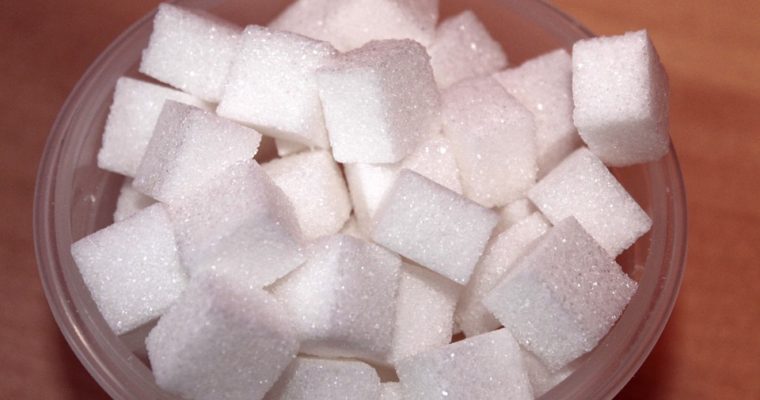Of hypertension, gut imbalances and sugar, the obvious villain
Like | DoctorBabu | December 8, 2017 | Health do not take sugar, health, hypertension, sugar, sugar calories, sugar intake
Added sugars are the undisputed villains of a host of medical conditions, be it obesity and metabolic syndrome, Type 2 diabetes, high blood pressure and cholesterol, non-alcoholic fatty liver disease, dental plaque and cavities, or even heart disease. Health surveys estimate that most adults get 15 per cent of their calories from added sugars alone. If you can’t get rid of them entirely, you can certainly reduce added sugars in your diet, advise diabetes specialists.
SAY NO TO SUGAR
- Reduce its consumption, beginning with foods which are its most obvious sources like sweets, bakery products and sugary beverages.
- Avoid buying and consuming processed foods where the label mentions ingredients with the suffix ‘..ose’.
- Opt for wholegrain options over white rice and white flour, which have simple carbs that can be quickly broken down into sugar in the body causing a spike in blood sugar levels.
- Junk artificial sugars that can exacerbate sugar cravings, making it tougher to migrate to a no-sugar diet.
- Never ever put sugar in sweetened drinks, including fruit juices.
- Stay hydrated with unsweetened tea or coffee or plain water.
- Follow a diet rich in whole and complete foods, such as vegetables, fruits, tofu, lean meat, fish, unprocessed grains legumes and seeds.
- Add sweet-tasting herbs or spices, such as cinnamon, nutmeg and cardamom, to food and drink.
TAKE HEART
New guidelines on who is hypertensive bring cheer
Hypertension has a new normal. A blood pressure of 120 / 80 milllimeters of mercury is now normal, but 130 / 80 or higher is now categorised as hypertension. The term ‘pre-hypertension’ is also a thing of the past; people with a systolic measure (the higher reading when the heart is beating) of 120 – 129 and a diastolic measure (between heart beats, when the heart is at rest) below 80 are now considered as having ‘elevated’ blood pressure.
Under the new guidelines of the American Heart Association and the American College of Cardiology Task Force, those in Stage 1 of high blood pressure (systolic reading of 130 – 139 or a diastolic of 80 – 89) should have a 10-year risk assessment of heart disease, stroke and cardiovascular problems. Published in the journal Hypertension and the Journal of the American College of Cardiology, the guidelines were developed after analysing 900 published studies. “If you already have a doubling of risk, you need to know about it,” says Dr Paul K Whelton, lead author of the guidelines. “It doesn’t mean you need medication, but it’s a yellow light that you need to be lowering your blood pressure, mainly with non-drug approaches.” While that makes more people fall in the hypertensive category and have medication, it will prevent more strokes, cardiovascular events and kidney failure.
HUNGER HORMONE
Guess who’s playing hunger games now? A new hormone called asprosin. Responsible for triggering hunger in the brain, its regulation could help treat obesity, as per new research published in the journal Nature Medicine. “It potentially opens the doors on a completely new way to treat obesity,” says Dr Atul Chopra, who led the team of researchers who discovered the hormone.
GUT INSTINCT
Gut imbalances often lead to bloating, constipation, wind, slow digestion, leaky gut, poor absorption and lethargy.
Want to mend that gut feeling? Read on…
- Minimise stress levels
- Add probiotics twice daily and fermented vegetables and green leafy veggies to each meal
- Give up gluten, flour and grains
- Also refined sugar
- Sip apple cider vinegar added to a litre of water through the day
- Drink aloe vera in water three times a week
- Limit dairy products to one portion a day

Leave a Reply